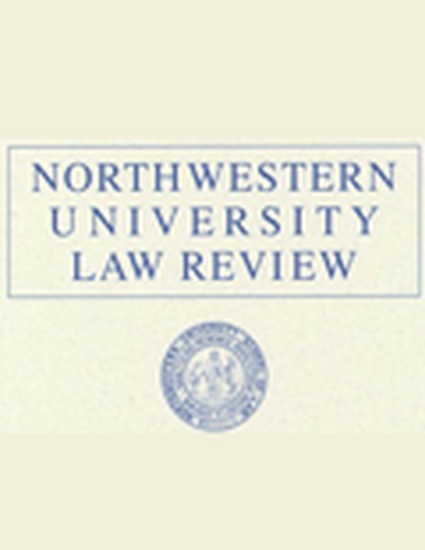
The state’s imposition of compulsory terms in property relations—such as habitability warranties binding landlords and tenants and minimum wages binding employers and employees—has long been conceived by analysts generally situated on the political right as an affront to individual freedom and inevitably harmful to the terms’ intended beneficiaries. This critique, though, seems to have special purchase in public discourse today not only within its traditional circle of supporters on the right but, at least in some instances, for a sizable number on the left as well. The bipartisan acceptance of this critique is serving as a substantial roadblock to a wide range of reforms to the property system that take aim at resource inequities. Breathing life into these types of reform efforts, therefore, necessarily will require a renewed counterassault on this going critique’s foundations. Building on and contemporizing central insights of the legal realist and critical legal studies movements, this Essay explores some of the key characteristics of those circumstances in which the state’s compelling terms in social and market relationships surrounding property may well be justified on deontological or consequentialist grounds. In so doing, the Essay seeks to generate momentum toward a renewed discourse that eschews knee-jerk opposition to compulsory terms in property in favor of one that engages with the rationales for and against such terms in a context-sensitive fashion.
Available at: http://works.bepress.com/timothy_mulvaney/60/
